Get Started for FREE
Sign up with Facebook Sign up with X
I don't have a Facebook or a X account

 Your new post is loading... Your new post is loading...
 Your new post is loading... Your new post is loading...

grainnehamilton's curator insight,
August 1, 2013 4:53 AM
Collection of posts focusing on thinking and questions around Open Badges.

Marilyn Korhonen's curator insight,
July 30, 2013 11:25 AM
Great overview of assessments in education. 
Shea Stehm's curator insight,
August 2, 2013 1:41 PM
Testing, especially any sort of standardized testing tends to get a bad rap. Teachers complain that they spend too much time teaching to a test. But assessments do have value, and an important place in our learning structure. By measuring what students are learning, we as teachers can look at how we are approaching different subjects, materials, and even different students. 
Dee KC's curator insight,
August 6, 2013 3:25 PM
following the DfE's assessing without levels guidance this looks like god place to start when reviewing how you measure progress
diane gusa's curator insight,
July 20, 2013 8:47 AM
Use this rubric when evaluating a MOOC should be interesting.

CTecnologìa's curator insight,
April 15, 2013 1:46 PM
la usabilidad es uno de los elementos más importantes a la hora de considerar los rea 
PaigeCuffe's curator insight,
April 16, 2013 6:51 AM
In the discussion around how to increase the use of OER, this is one to throw into the pot.

Peter B. Sloep's curator insight,
January 28, 2013 2:56 PM
This articl4 is an attempt to go beyond the hype and assess what MOOCs really could mean for (US) education. It starts with a bit of history, including 'predictions' by Harvard's Clayton Christensen and by Nathan Harding on the bankruptcy of the current university system. It then continues with an inventory of what may have contributed to the MOOCs' rapidly increased popularity: college is in trouble anyway, the credit card debt is topped by the student loan debt, the flipped classroom is as good (or bad) as the teacher who does the flipping (with MOOCs being flipped classrooms taken to its logical conclusion). Amidst worries about equal access to higher education and the quality of MOOCs if they become widespread, Westerberg list 16 thoughts about what MOOCs might achieve. These really are intuitions about what the future might bring, useful intuitions in that they allow us to be prepared for the future (and thus ready to adjust its course).
Not all of her thoughts are original - such as MOOCs stimulate thinking about pedagogy, about online affordances, about knowledge sharing - but how could they in such a much discussed area? Original are the intuitions that MOOCs sharpen our intuitions as to what we do badly in schools, what the importance is of teachers and one-to-one interactions, and what is wrong with college.
I found this a stimulating article. Even though a substantial part of it is specific to the US (not even North-American) situation) and does not directly apply elsewhere in the world, it might soon. In the UK student fees have gone up tremendously this year, for example, so a student loan debt is in the making there too, it would seem. Elsewhere, governments fighting increasing deficits might consider the same solutions, with the same dire consequences. (@pbsloep) 
Ken Morrison's curator insight,
January 29, 2013 12:34 AM
Here is a fairly balanced look at the possibility of Moocs. |

Ken Morrison's curator insight,
September 15, 2013 8:53 AM
I was sure that I had shared this, but I could not find it in my bookmarks, Therefore, here you go....... :)

Francois Schnell's curator insight,
August 14, 2013 4:36 PM
Nouvelle victoire de l'Open Acess à l'échelle d'une université qui fait suite à l'université de l'Oregon : Dans combien d'années pour une université Française ?

grainnehamilton's curator insight,
August 1, 2013 4:53 AM
Collection of posts focusing on thinking and questions around Open Badges.
Christine Bushong's curator insight,
May 7, 2013 7:57 AM
Dennis T OConnor's insight: Wikipedia is a solid way to begin a search on many topics IF you follow the backtrail to the sources listed in the article. As a school librarian, I agree with this advice. If you know little about a topic that you are researching, begin with Wikipedia to gather search terms and find sources of information from the citations. Wikipedia should not be cited as a source for academic research, but it can be a tool for finding sources that are. 
Sarah Rach-Sovich's curator insight,
May 7, 2013 9:06 AM
A great starting point - track it back to see where it might have come from. 
Lorena Swetnam's curator insight,
May 7, 2013 9:43 AM
Teach students and teachers how Wikipedia can be a starting point in the research process, not the final destination.

Toby Coop's curator insight,
March 19, 2013 6:55 AM
Full text research report can be read online or downloaded via pdf.
|





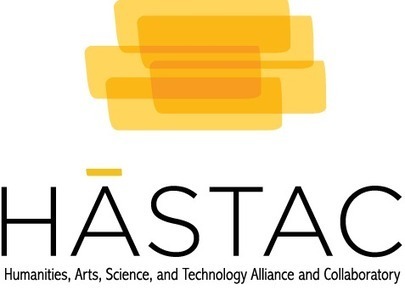






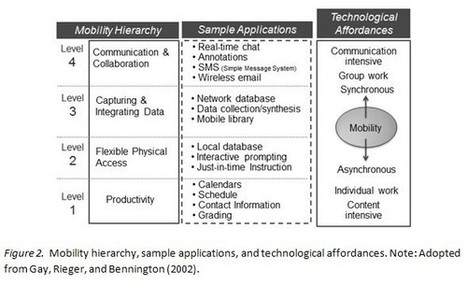


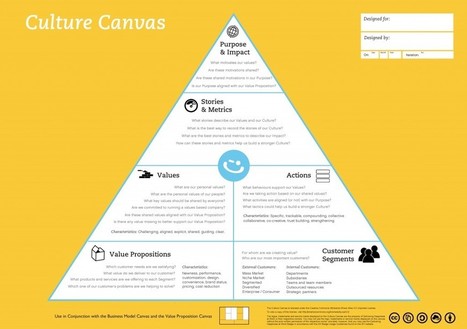


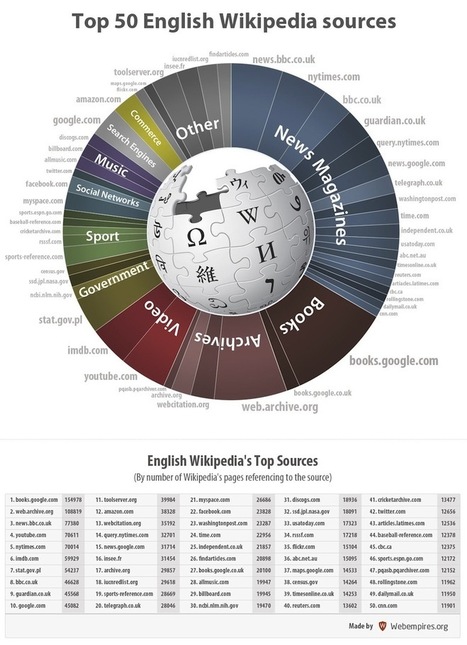

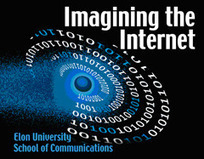
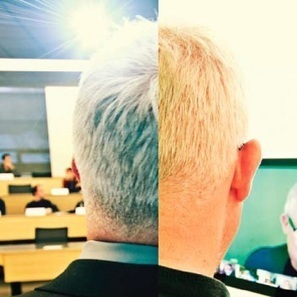








I